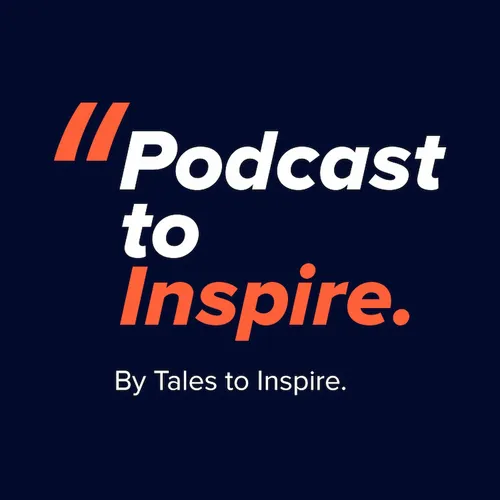Adam Bastock: Making Sustainability Work for You (Bite Size)
- Author
- Tales to Inspire
- Published
- Thu 06 Jun 2024
- Episode Link
- https://sites.libsyn.com/279194/adam-bastock-making-sustainability-work-for-you-bite-size
In this bite size episode with Adam Bastock, we dive into the concept of sustainability in business. Adam shares insights on what sustainability means to him and how it encompasses more than just environmental concerns. It’s about ensuring businesses thrive financially, operationally, and environmentally over the long term. Key Discussion Points: Defining Sustainability: Sustainability is not just about environmental impact but also financial stability. It’s crucial for businesses to operate in a way that ensures their existence in the next 5, 10, or 15 years. Immediate and Long-term Actions: Addressing short-term pressures with quick actions is vital. Setting and achieving marketing goals that ensure profitability and success over the next year and beyond. Public Understanding and Education: Many people are still unclear about terms like “plastic” and the benefits of reducing single-use plastics. Effective storytelling can drive better understanding and adoption of sustainable practices. Making Sustainability Relatable: Relating sustainability to daily life and individual benefits can increase engagement. Marketing missions should highlight the personal benefits of sustainable practices. Challenges in Education: Traditional climate change education methods may not be engaging enough. Inspirational and practical education, like highlighting the impacts of sustainable choices, can be more effective. Responsibility and Action: Individuals and businesses both have a role to play in sustainability. Understanding the scale of the issue is crucial, but action is equally important. Supply Chain Transparency: Visibility into the supply chain can help consumers and businesses make informed decisions. Case study examples, such as a Norwegian supermarket reducing emissions by adjusting their receipts, demonstrate the impact of transparency. Economic Considerations: Economic factors, such as the ability to provide for one’s family, play a significant role in how sustainability is approached. Solutions need to be practical and economically viable for individuals and businesses alike. Call to Action: Reflect on what sustainability means to you and your business. Consider immediate actions you can take to address sustainability challenges. Explore ways to make sustainability relatable and beneficial to your daily life and business operations. Resources: https://thebetterbusiness.network/ https://small99.co.uk/
